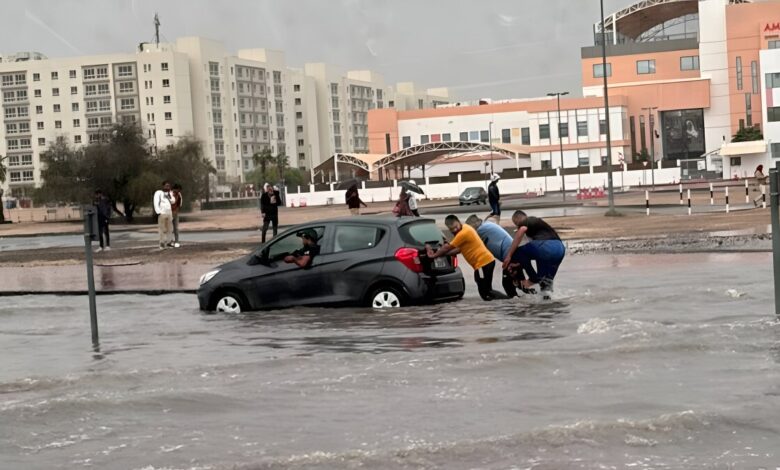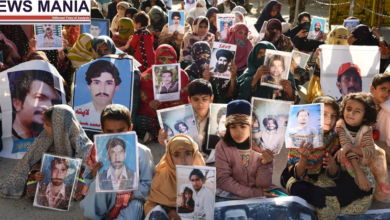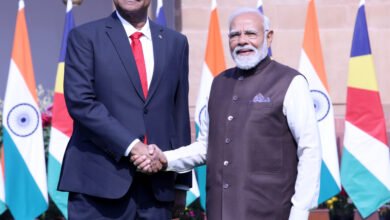Dubai Grapples with Worst Flooding in History: Recovery Efforts Underway
Experts in atmospheric science and climate change echo Maue's sentiments, attributing the torrential rainfall to broader environmental factors.

Agnibeena Ghosh/18th April 2024
Dubai, United Arab Emirates – In the aftermath of what has been dubbed the heaviest rainfall ever to lash the desert nation, the United Arab Emirates (UAE) finds itself in a state of disarray as it struggles to recuperate. Major highways and roads remain submerged under floodwaters, impeding normalcy in daily life. Despite the challenges, Dubai International Airport, the world’s busiest hub for international travel, has initiated efforts to resume regular operations, allowing global carriers to fly into Terminal 1 on Thursday morning.
The catastrophic deluge has prompted widespread speculation and concern regarding the cause, with many pointing fingers at cloud seeding, a weather modification technique used in the region. However, meteorologists have been quick to dismiss this theory, citing the unprecedented nature of the rainfall and its stark deviation from the expected outcomes of cloud seeding. Ryan Maue, a private meteorologist and former chief scientist at the US National Oceanic and Atmospheric Administration, emphasized the implausibility of attributing such extreme weather events solely to cloud seeding, stating, “You can’t create rain out of thin air per se and get 6 inches of water.”
Experts in atmospheric science and climate change echo Maue’s sentiments, attributing the torrential rainfall to broader environmental factors. Tomer Burg, an atmospheric science researcher, highlighted the advanced forecasting capabilities that predicted the deluge several days in advance, indicating a correlation with climate change rather than cloud seeding. Michael Mann, a climate scientist at the University of Pennsylvania, emphasized the role of natural weather patterns, dismissing cloud seeding as a scapegoat for the crisis at hand.
Moreover, scientists caution against detracting from the urgent conversation surrounding climate change by focusing solely on cloud seeding. Friederike Otto, a climate scientist at Imperial College London, emphasized the increasing intensity of rainfall worldwide due to global warming. She stressed the necessity of addressing climate change as the primary driver of extreme weather events, rather than fixating on controversial technologies like cloud seeding.
Despite ongoing debates about its efficacy, cloud seeding continues to garner attention and investment from governments, particularly in drought-prone regions like the US West and the UAE. While its long-term impact remains uncertain, policymakers are hopeful that such measures may offer a solution to water scarcity in the face of climate uncertainty.As Dubai and the UAE grapple with the aftermath of historic flooding, the discourse surrounding its causes underscores the urgent need for global action on climate change. While recovery efforts are underway, the resilience of communities in the region is being tested like never before, signaling a pivotal moment in the fight against environmental crises.






